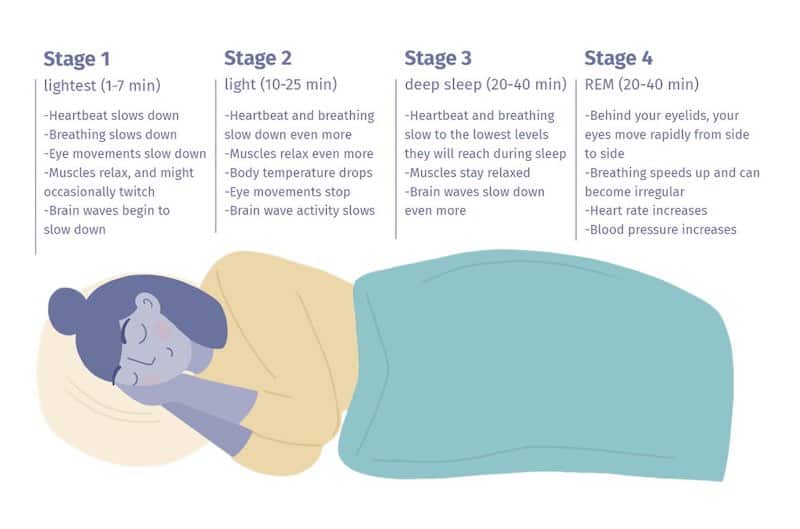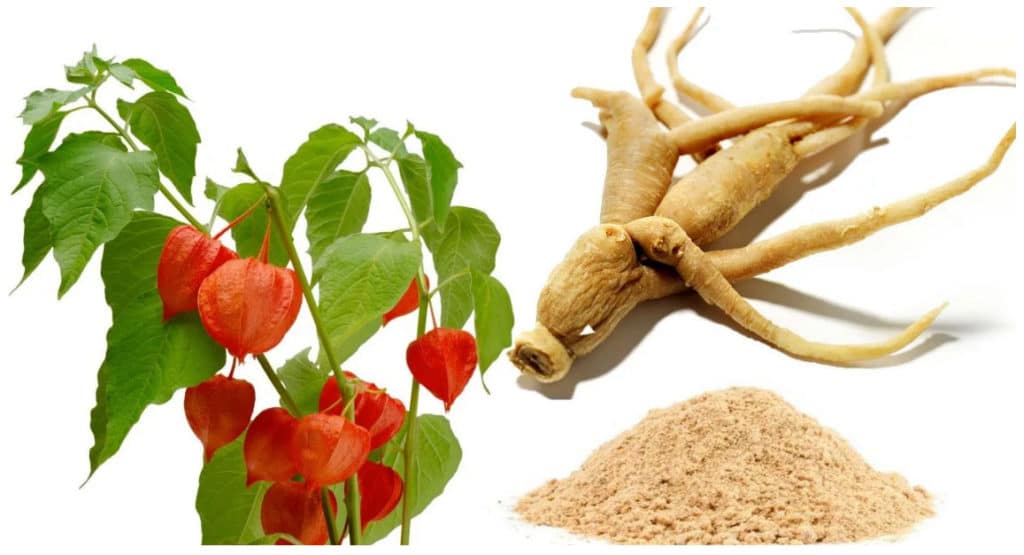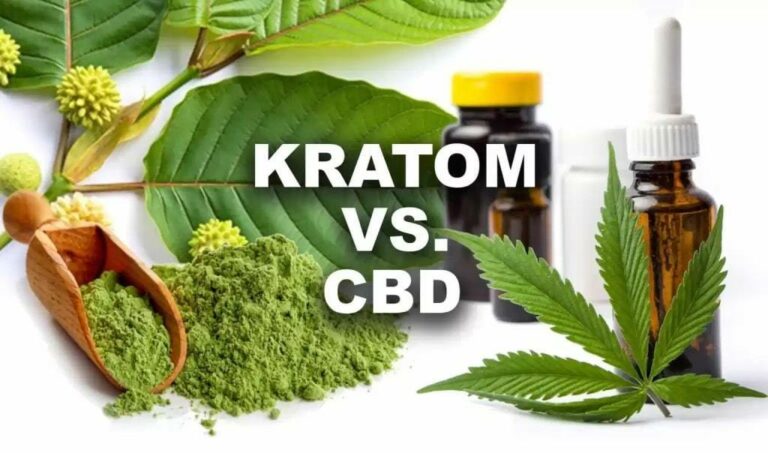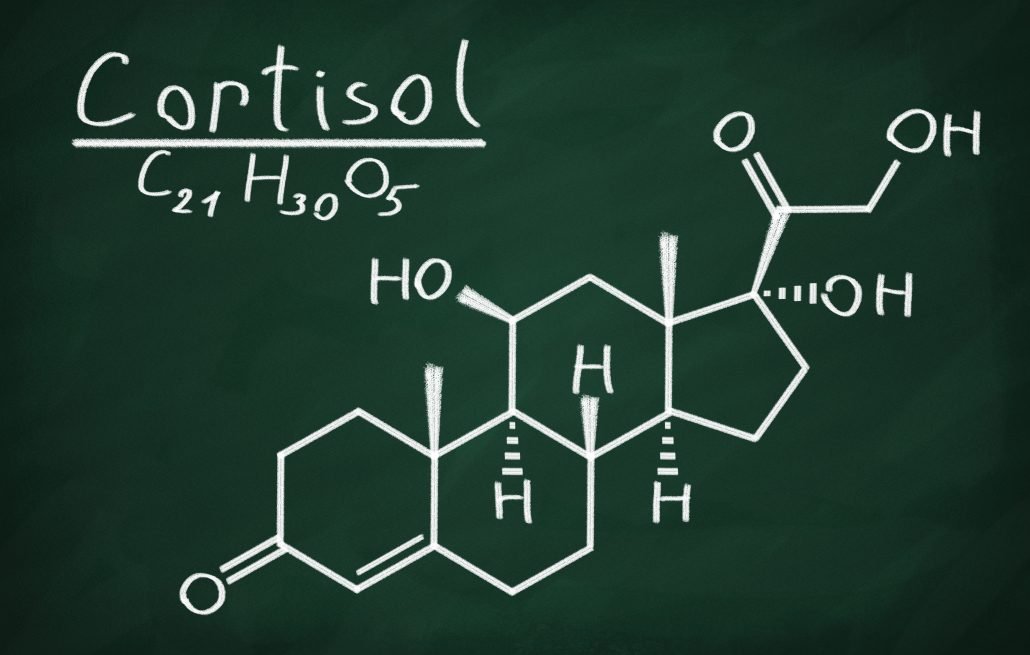CBD dreams refer to the experiences we have during sleep after consuming Cannabidiol (CBD). CBD, a non-psychoactive compound found in cannabis, is lauded for its potential therapeutic benefits – but what’s less known is its influence on our dreaming states. As such, this article delves into the intriguing world of CBD dreams, discussing the science behind it and what current research says about its impact on sleep and dream patterns.
CBD dreams are the unique, often vivid experiences we have during sleep after using CBD. This non-psychoactive cannabis compound interacts with our brain and nervous system, potentially altering our dream patterns. While research is still unfolding, many users report more memorable and intense dreams with CBD.
One key system that plays a role here is the endocannabinoid system (ECS), a complex network within our body. Involving our nervous system and brain, the ECS regulates various functions from mood to pain sensation and, indeed, sleep.
Particularly relevant to our discussion is that CBD interacts with ECS receptors in the brain. Our dreaming state, whether you’re having vivid recollections or experiencing nightmares, can be greatly influenced by this interaction. While there is still much we don’t know, ongoing research gives us enticing clues about how CBD might shape our dreams.
Table of Contents
ToggleHow does CBD interact with the brain and sleep cycle to influence dreams?
CBD oil, when consumed, triggers a fascinating interaction within our body. Furnishing a key within our internal ecosystem that unlatches numerous health benefits. The key is its interaction with a crucial physiological system called the endocannabinoid system (ECS).

The ECS plays a vital role in maintaining homeostasis in the body, and it’s engaged extensively in sleep regulation and dreaming. It comprises two types of receptors: CB1 and CB2. The CB1 receptors are predominantly found in the brain and central nervous system, while CB2 receptors have more distribution in the peripheral nervous system.
The special affinity of CBD towards ECS becomes evident here. CBD binds indirectly with these receptors, primarily enhancing or inhibiting the binding efficiency of certain compounds, reinforcing their effects.
In terms of sleep regulation, cannabinoid signaling impacts sleep-wake cycles. This can be particularly influential during transitions between periods of wakefulness and sleep, as well as influencing the depth and duration of various stages of sleep.
Another important thing to note is that CBD can potentially enhance adenosine levels in your brain. Adenosine is a neurotransmitter that promotes sleepiness when it accumulates during the day. It’s collected through neuronal activity and decreases during sleep.
This leads on to exploring how this interaction gives rise to varied dream experiences.
Existing evidence posits that cannabis reduces REM – Rapid Eye Movement – sleep, which could possibly result in less vivid dreams. However, recuperation from such REM changes might propel intensified dreams or even nightmares – a common phenomena when REM abruptly rebounds.
Sleep consists of different stages, each with unique characteristics -boldly manifesting as different types of dreams under drug influence.
Overall, consuming CBD leads to the modulation of our natural sleep-wake cycle.
Truth be told, though, understanding exactly how CBD affects dreaming remains largely unexplored territory; it’s an intriguing phenomenon that deserves much greater attention and scientific scrutiny.
How does CBD affect REM and NREM sleep stages?
The influence of Cannabidiol (CBD) on our sleep stages, particularly REM (Rapid Eye Movement) and NREM (Non-Rapid Eye Movement), is a fascinating topic to delve into.
The process of how CBD interacts with these sleep stages begins with its role in the endocannabinoid system (ECS). The ECS is a complex cell signaling system in our bodies, influencing a range of functions and processes, including mood, memory, and yes—sleep. When we ingest CBD, it interacts with this intricate system, potentially affecting the quality and pattern of our sleep.
Now, moving on to the two distinct stages of a typical sleep cycle: NREM and REM sleep. Each stage has a role to play in maintaining health and restfulness.
During NREM, the first phase of your sleep cycle, your body relaxes and recovers from the day’s exertions. NREM encompasses around 75% to 80% of your total sleep time. On the other hand, REM sleep typically takes up the remaining 20% to 25%, playing a crucial role in dreaming due to heightened brain activity compared to NREM sleep.
Research into how CBD affects these two critical stages has been somewhat limited but nonetheless intriguing. Evidence gathered through open field tests suggests that CBD may alter the structure of our sleep cycles.
These open field tests usually involve measuring anxiety-like behavior in animals by observing exploratory behavior—basically seeing how much an animal moves around in a new environment. In this context, it’s used as an indirect measure of how much CBD may improve relaxation during the NREM stage.
CBD seems to extend the duration of the deep-sleep phase we experience during NREM while curtailing the length of the REM stage—wherein most of our dreaming happens. This could potentially result in fewer dreams since less time is spent in the REM phase of sleep.
Then, there’s the ‘elevated plus-maze’ study—a model used to assess anxiety. The elevated plus maze test has shown that rats exposed to CBD exhibit less anxious behaviors. When we’re less anxious, it’s much easier for us to sink into deep, NREM sleep.
That said, human research remains sparse, so our knowledge about how CBD influences our REM and NREM cycles is broad but somewhat rudimentary. Current findings provide us with a glimpse, hinting at the potential effects this non-psychoactive cannabinoid may have on our nighttime reveries.
The exact interplay between CBD, REM, and NREM sleep still holds many unanswered questions and warrants further empirical exploration. Yet, even now, the power of these initial insights lets us ponder upon the possibilities of harnessing CBD benefits for healthier sleep patterns and more manageable dreams.
Can CBD help manage nightmares and improve dream recall? What studies suggest this?
Various scientific studies provide a glimpse into how CBD might be beneficial for managing nightmares and enhancing dream recall, though the field is still emerging.
To establish the role of CBD in nightmare management, we’ll turn our focus to Post-Traumatic Stress Disorder (PTSD). PTSD often causes nightmares that replay traumatic events, contributing to sleep disruptions. A study published in CNS Neuroscience & Therapeutics showed promising results with Cannabidiol treatment for PTSD-related nightmares and night sweats. It’s believed that by interacting with the body’s endocannabinoid system, CBD can potentially create a more positive, less disruptive dream environment.
Moving on from nightmare management to dream recall, another important aspect comes to light: vivid recollection. Recalling dreams vividly can contribute positively to psychological well-being. Research suggests that CBD might play a part in making this happen.
A preliminary study conducted at ‘The University of São Paulo’, Brazil, discovered increased dream recall in test subjects who consumed high doses of CBD before sleeping. Test subjects not only reported enhanced recollection but also experienced more detailed and pragmatic dreams compared to the placebo group.
These studies provide optimism regarding the role of CBD in managing night disturbances and bolstering vivid recollection. However, caution is necessary as research in this area is nascent.
Overall, while preliminary findings show promise, comprehensive clinical trials are necessary for conclusive evidence on how CBD could aid in managing nightmares and enhancing dream recall.
What personal anecdotes suggest about the impact of CBD on dreams?
Delving into personal stories offers anecdotal insights into how CBD might affect our dreams, adding a practical dimension to scientific findings. These individual experiences contribute to a broader understanding, though it’s key to remember they reflect subjective accounts rather than controlled research.
Many CBD users have reported vivid and memorable dreams after starting regular CBD use. This trend does not necessarily apply across the board, as dream recall is largely influenced by individual factors like sleep patterns and personal sensitivity.
For some, taking CBD translates into less intense nightmares, particularly those plagued by recurrent distressing dreams or PTSD-related nightmares. Their accounts suggest that CBD has helped them experience less disruptive and more peaceful sleep, leading to fewer haunting dreams and better overall rest.
Another intriguing point raised from personal accounts involves the correlation between CBD dosage and timing, with users manipulating these factors for desired effects. For instance, higher CBD doses closer to bedtime reportedly induce more profound sleepy effects and potentially more vivid dreams.
However, while these shared notions give a glimpse into user experiences, they shouldn’t be viewed as universal truths about the effects of CBD on dreams. People respond differently, both in dreaming and in their response to CBD usage.
The underpinning lesson here is that while exploring CBD’s effects on your own dream life could be an exciting journey, consider seeking advice from a healthcare professional. Proper guidance can assist in modifying dosage and timing safely, allowing you to see if such adjustments contribute to any changes in your dream recall or intensity.
As this fast-growing field of study expands its frontiers, we may soon unravel the mysteries around how CBD interacts with our intricate brain networks influencing our dream worlds. Until then, each subjective account adds a valuable piece in this intriguing puzzle dealing with the interconnectedness of sleep, dreams, and cannabinoids.
What further research is needed to understand the full effects of CBD on sleep quality and dreams?
While existing evidence has begun to shed light on the potential relationship between cannabidiol (CBD) and sleep, it’s essential to underline that we are only at the tip of the iceberg. More research is required to fully understand how CBD impacts sleep quality and dreams.
Currently, our understanding stems largely from small-scale studies and anecdotal evidence. Many key questions remain unanswered:
- Can CBD improve sleep quality longer-term, or does its effectiveness diminish over time?
- How does CBD interact with other factors like age, gender, lifestyle habits, and health conditions that can also influence sleep?
Furthermore, the varied findings suggest that CBD affects individuals distinctly. Why might some people report more vivid dreams after taking CBD while others notice no difference? There’s a need to uncover what drives these differences — could genetic factors or perhaps the dosage or timing of CBD intake play a part?
The relationship between CBD and dream intensity is another fertile ground for exploration. Early evidence points towards a potential role for CBD in reducing nightmares and enhancing dream recall. Yet, we need larger-scale, rigorous trials to substantiate these outcomes reliably.
Most importantly, safety remains paramount. While short-term use of CBD appears safe for most people, understanding long-term side effects – especially when used specifically to enhance sleep – is crucial.
Lastly, another interesting frontier for study would be whether CBD influences specific stages of sleep differently. This could help design better dosing strategies tailored to individual needs.
Overall, while early findings are promising, we need more comprehensive studies — involving diverse populations over extended periods — to truly unlock the full capabilities of CBD in enhancing sleep quality and dream vividness.
What are Some Practical Tips for Those Interested in Exploring CBD Dreams?
While we do have some scientific understanding of the effects of CBD on dreams, more research is needed to unravel this intricate web. If you’re intrigued and keen on exploring CBD-induced dreams firsthand, here are a few practical suggestions.
Starting off, it’s advised to choose third-party lab-tested CBD products. This step ensures the product’s quality, safety, and accurate ingredient listing. A high-grade, third-party-certified CBD product generally means it meets rigorous testing standards and has passed inspections by independent laboratories.
Here are some tips for choosing your CBD:
- Check for Authenticity: Look for certificates of analysis (CoA) from the seller or manufacturer.
- Lab Reports: These reports can validate the amount of CBD present in the product.
- Avoid Products Claiming Full FDA Approval: As of now, no over-the-counter CBD product has received complete approval from the FDA.
Next up: documenting your experiences. Just like with dream interpretation or analysis, keeping a dream journal can be an insightful exercise when taking CBD, too.
A dream journal may help in two significant ways:
- Assist in recognizing any recurring patterns or themes
- Observe changes over time in your dreams’ intensity or nature.
To maintain your dream journal effectively:
- Jot down your dreams immediately upon waking up, and note as many details as possible.
- Make note of your pre-sleep routine, including dosage and timing of taking CBD.
- Monitor your sleep quality; did you wake up feeling restless or refreshed?
Utilizing these practical tips, you’ll be better prepared to explore the intriguing realm of CBD-driven dreams, backed by quality CBD products and insightful self-monitoring via dream journaling. However, remember to consult with a healthcare professional before starting or adjusting your dosage, as individual responses can significantly vary when it comes to CBD.








